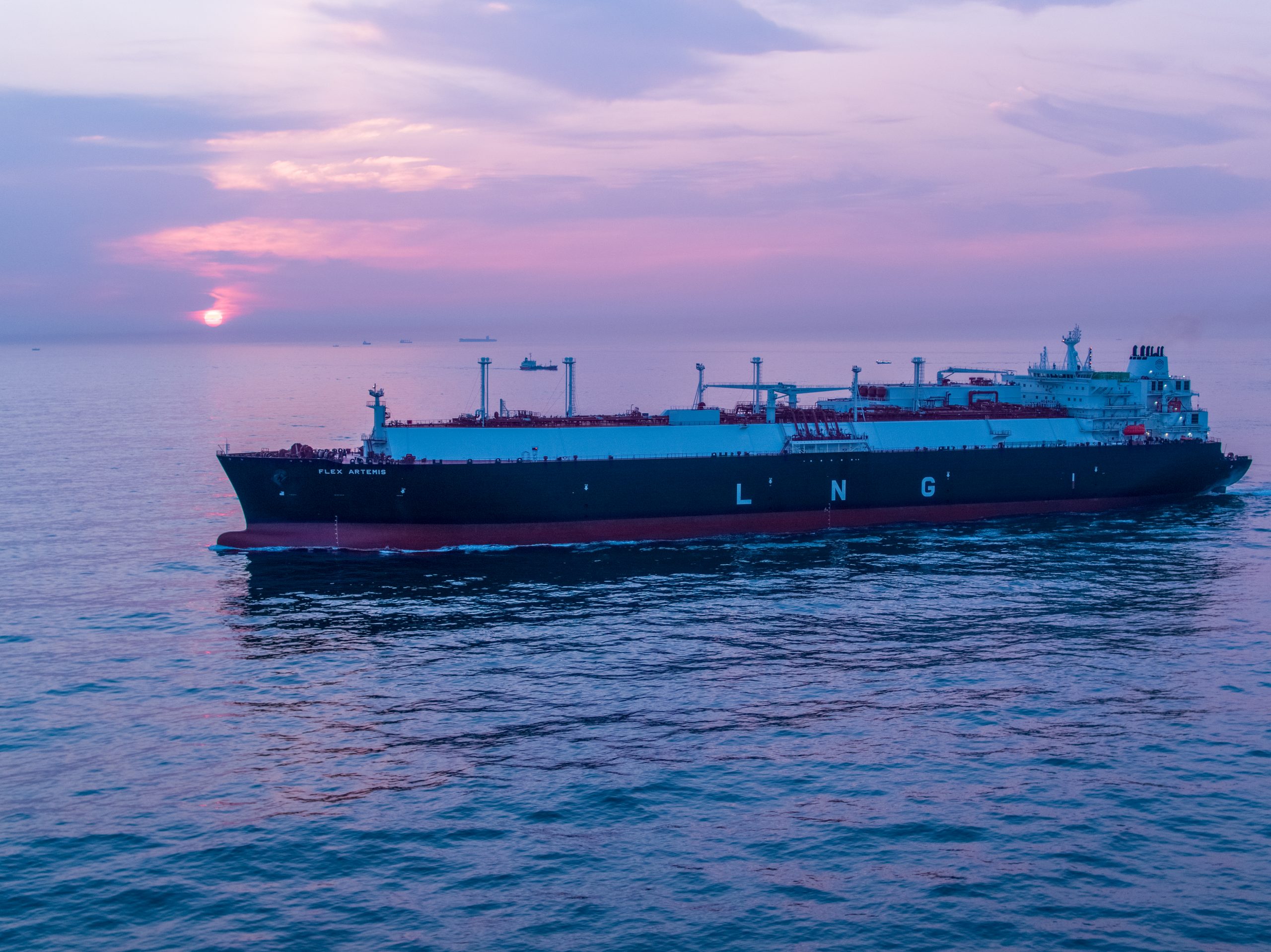 Debbie Leng
Debbie Leng
Group Insurance and Claims Manager, Bernhard Schulte Shipmanagement (BSM)
What role do you play in the gas-fuelled shipping sector?
am responsible for the insurance and claims matters for BSM globally. My responsibilities include, amongst others, insurance placement, renewals and maintaining an overview and manage-ment of the claims which are handled by the claim handlers. This extends beyond the usual marine insurances as I am also involved in other aspects of the business, assessing organisational risks and sourcing for appropriate insurance covers whenever necessary.
Please describe your role in your organisation and what do you enjoy most about it?
In my role I get to work with various people within the organisation and external parties such as insurance brokers, underwriters and clients which makes it enjoyable and challenging. Each claim is unique and presents new learning opportunities, making the job less mundane. No day is the same as the one before.
How did you arrive at this role? (Was it your intention at a young age to always go into this industry?)
Before starting on my degree program in the beginning, I has no clear idea of what I wanted to study and which industry I wanted to join. Finally, I chose to major in Maritime Studies due to the unique course program and my curiosity for the industry that transports 90% of world trade. It was taking modules in Maritime Law and In-surance in my 3rd year of study that piqued my interest in this field. Upon completing my trainee program with the Schulte Group, I was given the opportunity to join the insurance team in BSM. I am also very grateful that I was presented with extraordinary opportunities to further my career in insurance within a short period of time.
How have you worked with SGMF concerning the safe and sustainable use of gas as a marine fuel?
Gas-fuelled shipping presents a different set of risks and challenges that ancillary maritime service sectors like insurance and law will need to adopt and adapt to at a quick pace. Evidently, a claim or risk profile of an LNG-fuelled vessel is very different from a conven-tional vessel running on traditional fuel. The complexity of building such a vessel and using LNG as a fuel may mean that insurance claims resulting from the failure of any machinery or pollution, for example, will likely be exposed to a new legal and risk environment that may not be developed yet. In this regard, loss prevention plays a key role in contributing to the safe and sustainable use of LNG as a marine fuel. There is much data to be harvested from the claim records and identify-ing risk areas that would allow us to implement measures which should reduce losses over time. This would mean fewer incidents at sea and therefore improving the overall safety. I am also currently involved in this task within BSM.
How do you feel this sector has embraced the talent and value of women?
In my first year out of university I was asked (by a male acquaint-ance who also works in the same industry) why, as a woman, I joined shipping. Even until today, I do not have an answer to his question and still do not feel the need to answer as it is no differ-ent from the many reasons that men joined this industry. The maritime industry is still largely dominated by men. Howev-er, organisations worldwide have taken steps to embrace the talent and value of women. This is evident by increased hiring of women in jobs conventionally taken up by men and promotion of women to managerial positions. It is still a long way ahead for women to gain recognition in this sector but not something that is impossible in the near future.
What excites you or interests you most about this industry and how does this motivate you?
Becoming a part of something important. Being able to contribute a small part to this global industry that is not merely confined to the local economy, but one that is meaningful – from transporting essential basic goods like rice and grain to people in need, to assisting the family who may be relying on the sole income of a deceased seafarer gives an immense sense of gratification from doing what I do. This industry has a strong ripple effect on other industries and affects the livelihoods of many people globally.
Please share something personal about yourself.
This industry offers a myriad of opportunities in different fields with skillsets that are easily transferrable. It is not uncommon to meet people who have started as engineers or seafarers but have ventured into other roles, e.g. shipping lawyer, chartering etc., later in life. Being surrounded by the highly motivated and energetic people that exist in this industry, has an undeniable positive impact on myself.

